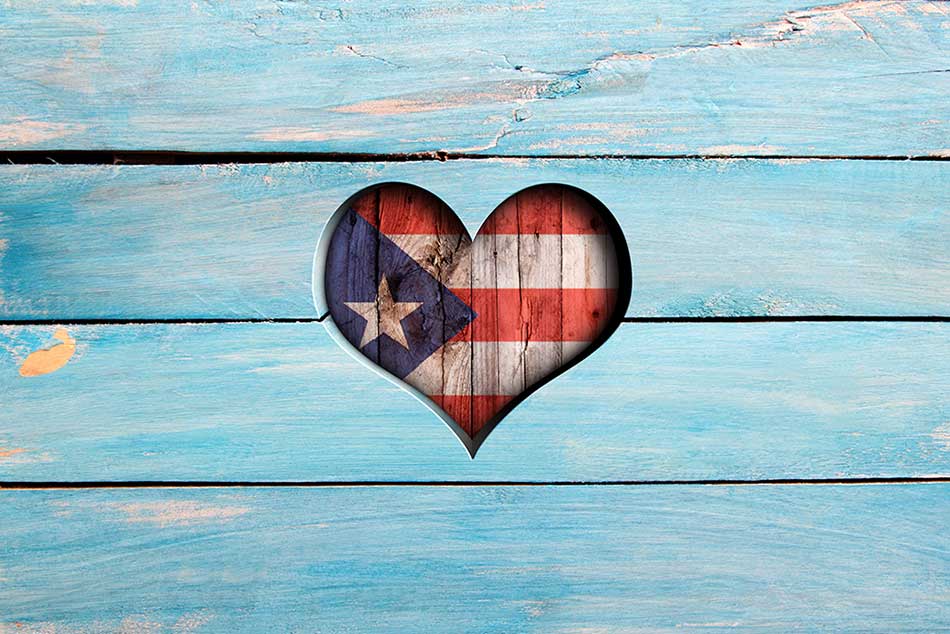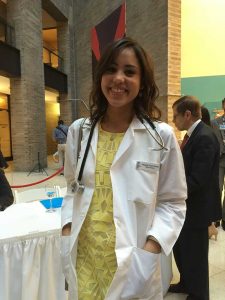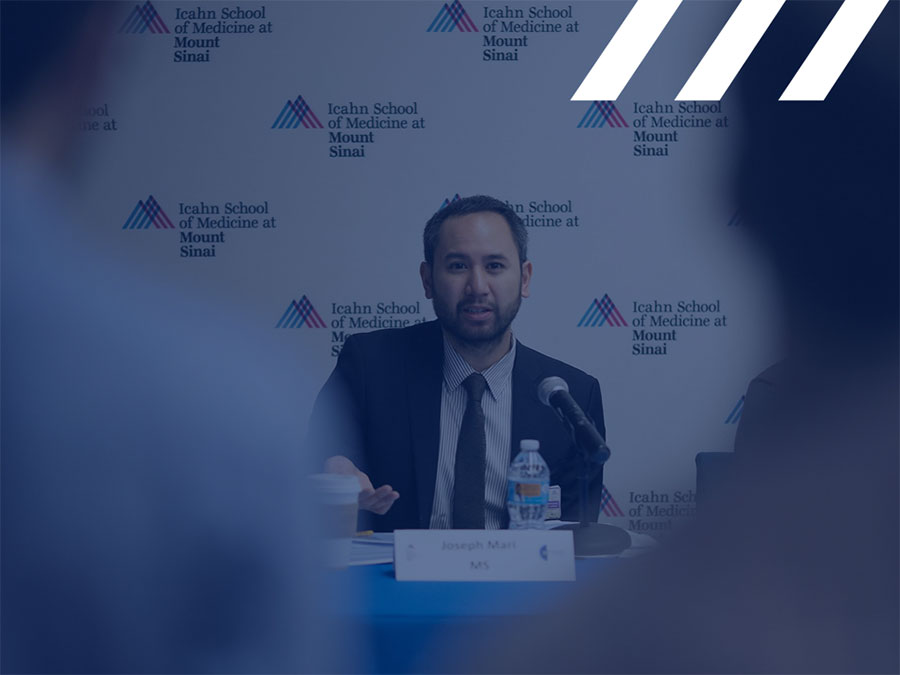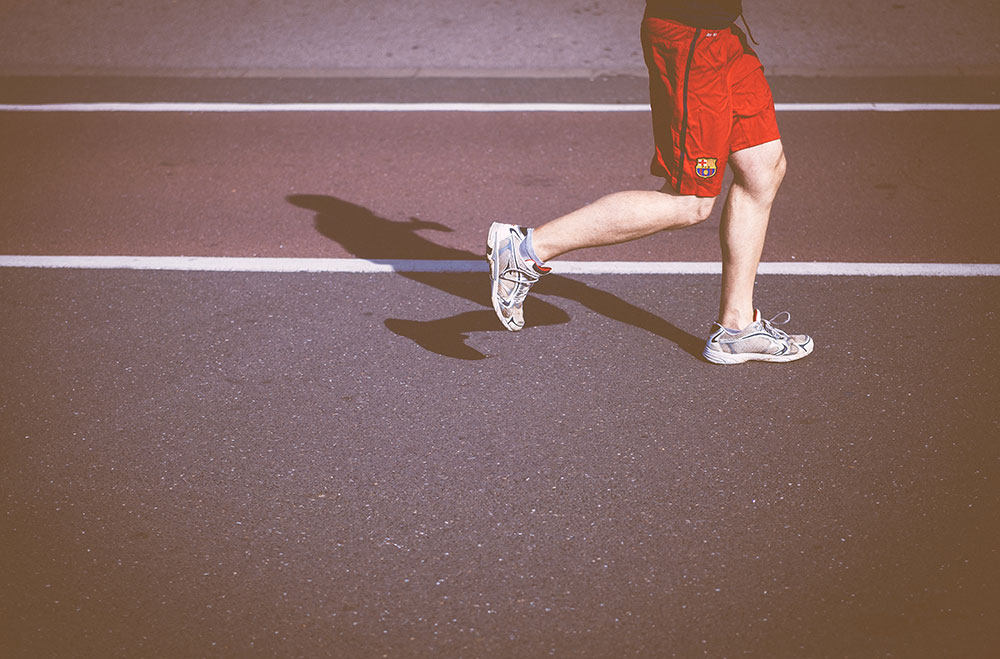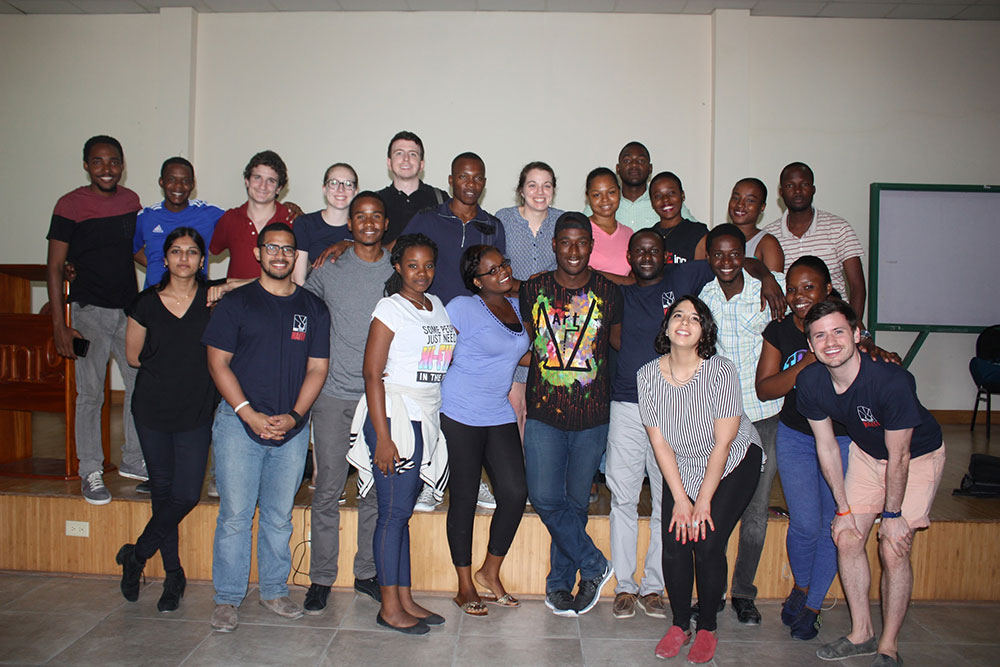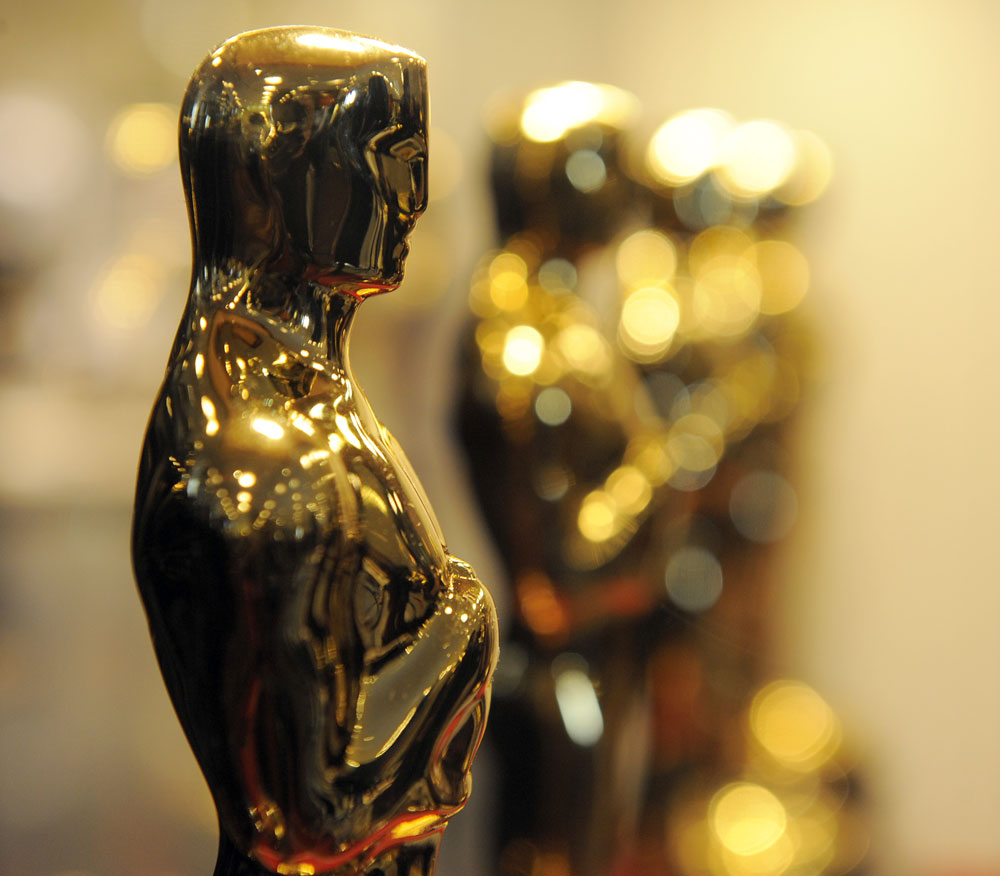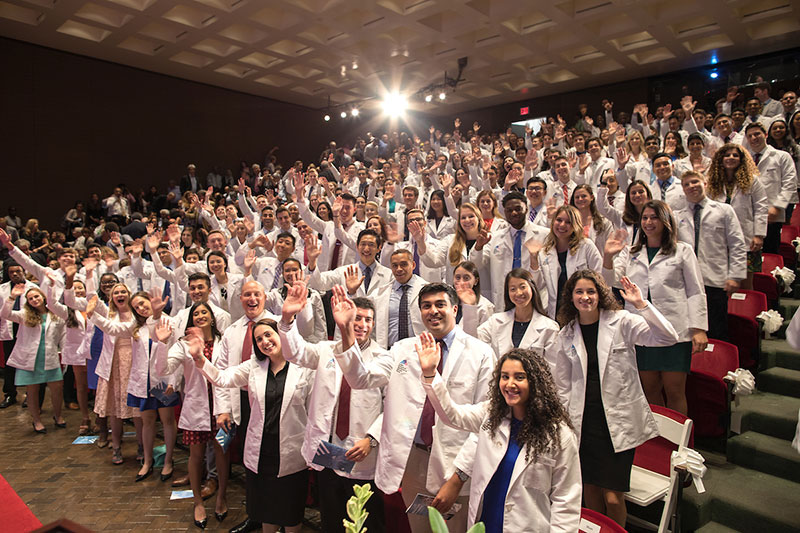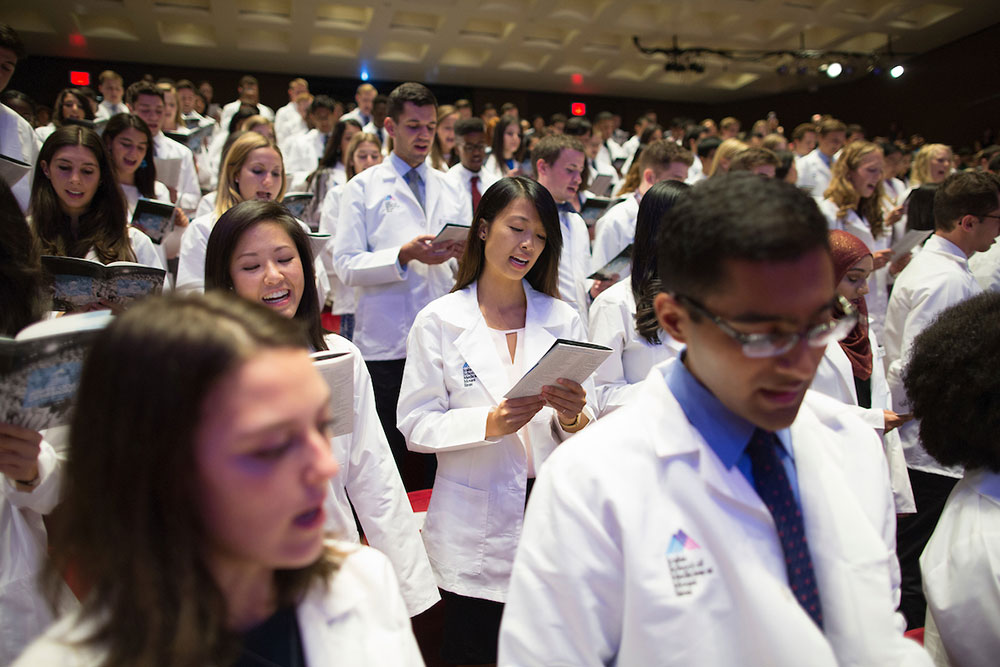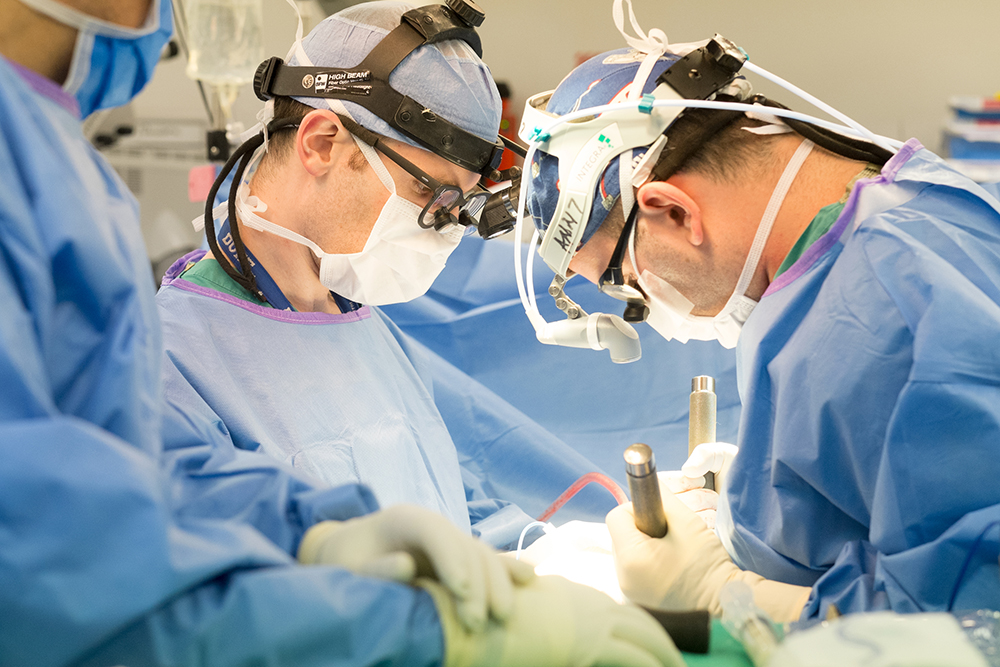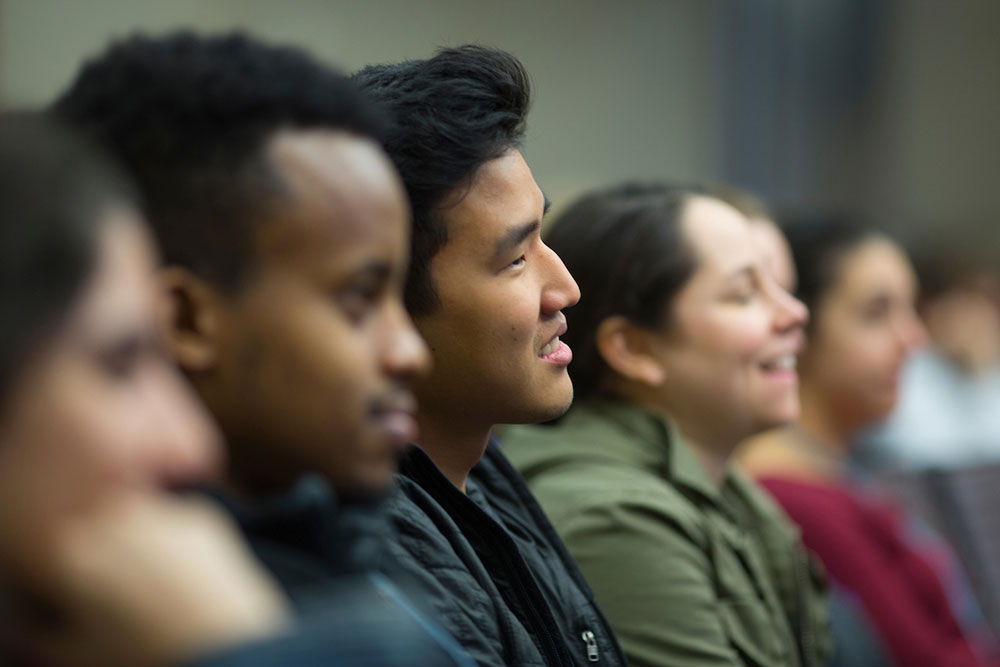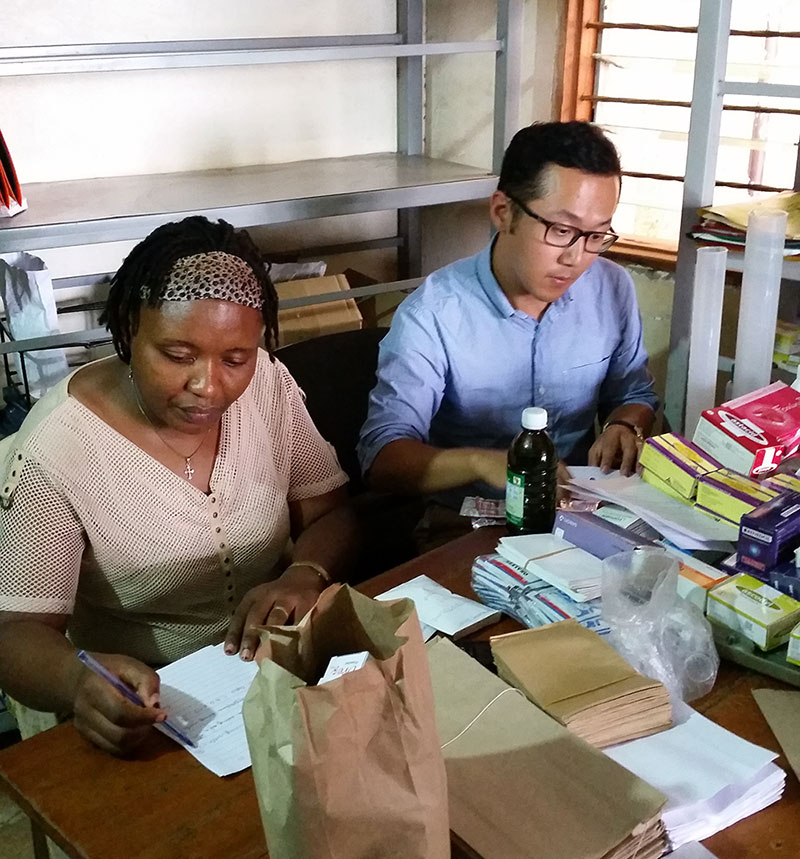On September 20, 2017 Hurricane Maria, a Category 5 storm, struck Puerto Rico, my home. It destroyed the entire island’s infrastructure and left 3.4 million people without electricity, water, and cell phone service—making internal and external communication, nearly impossible. These are facts. I’d like to get personal. I’d like to share how I was affected by this hurricane.
For me, that day was unnerving. I waited, with difficulty, for some form of communication from my family still living on the island. I kept checking my phone and reading news alerts to stay informed. I hoped by doing so, I would somehow feel less removed from this phenomenon, which although I was not experiencing firsthand, was affecting me to my core. Finally, around 6 pm that day, I received a call from my brother. He managed to obtain cell service a half mile from my house, and told me the hurricane had passed and that he and my mom were safe.
Our house had flooded about 3 inches during the storm, causing my brother and mom had worked diligently to remove the three inches of flood water from my home. As he told me this, we exchanged laughs over slips and falls they’d experienced during the process. It was their positive spirit that got me through that day.
Every day since, though, has been a struggle.
Have you ever had to ask your mom if she has enough food to survive? I have. Multiple times this month, in fact.
One week after the hurricane, my mom called me during my lunch hour. She had been at the gas station since 4 am that day, waiting for the gasoline truck to arrive with diesel. This was the second day she waited. My mom, like my neighbors, needed diesel to power the generator that my six neighbors were sharing, so that they could power their fridges and stoves.
Amid this struggle, my family and I shared concern over my grandpa, who suffers from Alzheimer’s and lives in a small rural town in the south of Puerto Rico. We hadn’t heard from him yet.
After nine days, we finally made contact with my grandpa. We learned he only had one month’s supply of medication left. I was concerned and prayed that he wouldn’t get sick because I read that only 10 of 67 hospitals in Puerto Rico were open that week.
To date, I worry for his health, and for the health of patients at home who are on dialysis, diabetics who require insulin and others who are dying every day due to lack of medical care.
I’ve seen pictures of my home which I no longer recognize. My school, the bakery on the way to my house—everything is destroyed. I’ve seen pictures of people waiting in endless lines for the only water available to them. The water is contaminated. I can only attempt to describe this experience as devastating.
One thing I’ve realized is that these devastating experiences are unfortunately concentrated in rural towns, like those of my grandpa, where resources are limited, and the terrain is challenging. It makes it even more difficult to distribute aid to these areas and causes people, even within the same 3,000 square miles isla, to experience the devastation of Hurricane Maria in very different ways.
These distinct experiences, the divisions that separate us from one another, is a topic I’ve reflected on even more broadly this past month as I’ve been processing my pain:
One month after hurricane, for example, only 15 percent of the island’s electricity had been restored, primarily in the more developed metropolitan areas—creating a distinction between rural and urban life. The ocean that separates Puerto Rico from the mainland, not only physically separating us, here in New York, from the devastation in Puerto Rico, but that has also been highlighted in the media as a barrier for sending resources and aid. Finally, the separation that is being established between Puerto Rico and the rest of the world as external relief efforts continue to fall short of the aid we truly need.
While noting the ways that we have all lived this devastation differently, one thing that hurts, and makes this process all the more difficult is having to inform people that Puerto Ricans are American citizens and a U.S. territory; having to explain that I don’t speak “Puerto Rican”; and having to convince others that we belong. There needs to be more education on our island, but that should not be a requirement for us to bridge this divide now, nor should anyone, anywhere, ever have to resort to explaining how deserving they are of aid. We should be helping one another regardless of political status or affiliation, but simply because we can.
Now that I’m going through this very difficult time, I’ve become increasingly aware that like me, there are many others carrying pain, and in having a greater understanding of the emotional impact these disasters can have on an individual, I’ve reflected on how I can support others in need: the victims of the earthquake in Mexico, the victims of the wildfires in California, and the victims of the shooting in Vegas—events that I have not been personally affected by, but that have pained others.
The reason I bring this up is because I believe there is something very powerful to be said about coming together in shared human experience, particularly in times of hardship. I have felt an overwhelming amount of support in the form of emails, texts, and hugs from my community at Mount Sinai and that is something I am eternally grateful for. Here, I’ve found a supportive home, where I’m grateful I’ve been able to channel my energy this past month towards helping my home, in the form of fundraising.
With the help of LMSA and CMCA, Medical Students Making Impact, the Department of Medical Education’s Employee Engagement Committee, and very special friends, including Cindy Saez, Amara Jennings-Plaza, Meygan Lackey, and Alexis Medina, a group of us organized a fundraising campaign that consisted of bake sales and raffle prizes to raise money for Puerto Rico. We raised over $5,000. (Evidently, Mount Sinai loves sweets.) We selected two organizations to donate all of the proceeds, because of their impact to the community in Puerto Rico: Jóvenes Por Puerto Rico and ConPRmetidos.
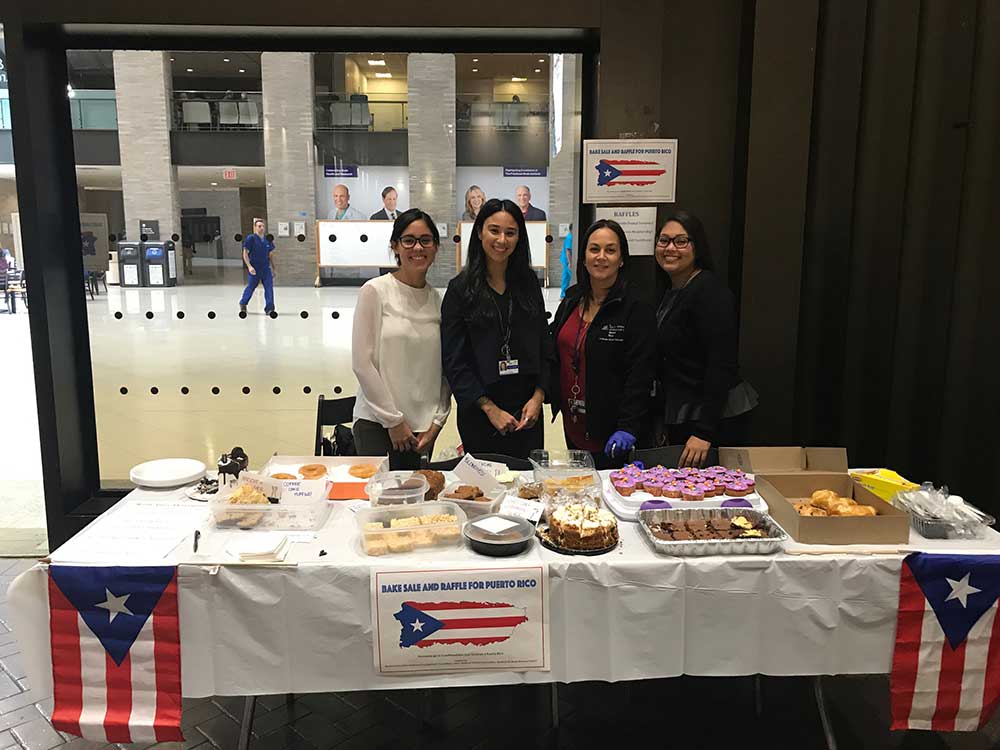
Me with some of the supportive staff members of the Department of Medical Education: Alexis Medina, Angelic Cotto, and Amanda Mercado (from left to right).
Jóvenes por Puerto Rico, is an organization that has partnered with local restaurants to provide relief to families in Puerto Rico, by delivering more than 500 meals per day to families in need.
ConPRmetidos is focused on restoring power in the island by helping local companies and businesses to grow. Their goal of sustainability is an important one that aligns well with the Governor of Puerto Rico’s goal of restoring its power almost entirely by December 2017. Rather than rebuilding Puerto Rico’s power infrastructure, once vulnerable to Hurricane Maria, we must focus on restructuring to prevent the impact of its outage in the future.
Today my home is facing the most devastating hurricane of its history. However, I believe this disaster, like our patients’ and loved ones’ chronic illnesses, has the potential to be prevented. Yes, I believe prevention is possible if we prioritize our discussions and efforts. I believe that we need to continue our discussions about global warming, just like we must focus on preventative health care, and work to prevent rather than treat. It is time that we reflect on how our daily lives are constantly contributing to these devastating disasters’ intensity and frequency.
We have the challenge to work together.
Sharely Fred Torres is currently pursuing a Scholary Research Year at the Icahn School of Medicine at Mount Sinai after completing her second year of medical school. She was born and raised in Puerto Rico, leaving at the age of 17 to pursue her undergraduate degree of Psychology at Harvard University. In college, she was committed to her role as a Student Mental Health Liaison, facilitating conversations about mental health resources on campus. In medical school, Sharely has enjoyed various opportunities to help underserved communities, through her clinical experiences in the Primary Care Scholars Program and her role as a Clinic Manager in the student-run free clinic known as the East Harlem Health Outreach Partnership (EHHOP). These experiences have allowed Sharely to identify her interest in social determinants of health, which she is excited to develop into her current Scholarly Project, merging her interests in psychosocial factors and mental health.

